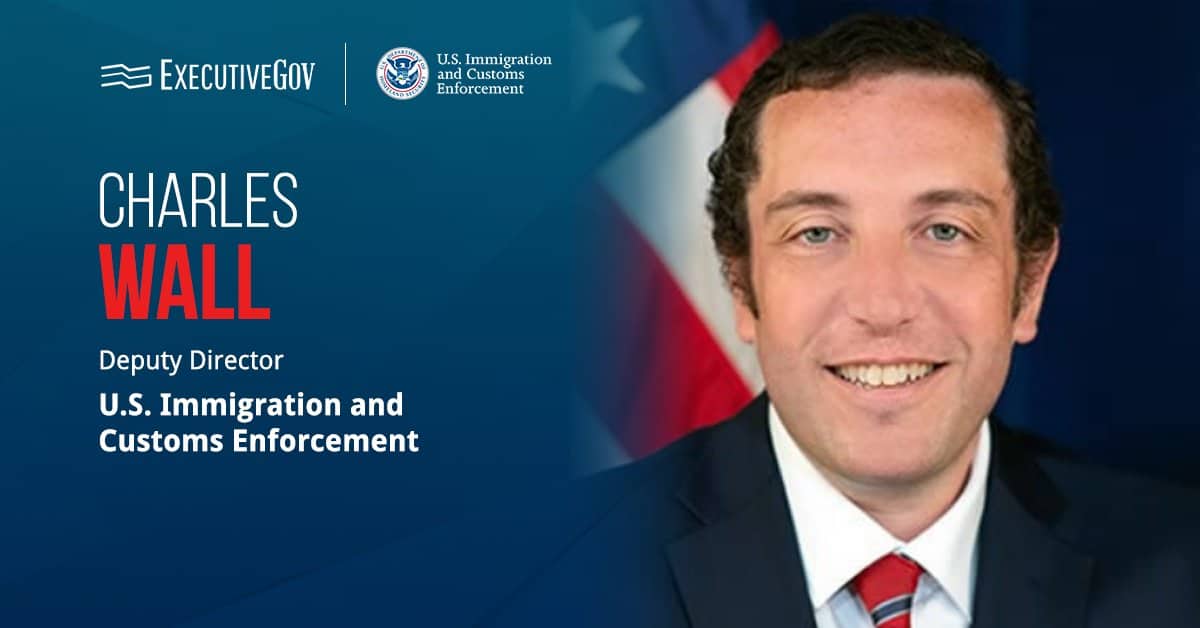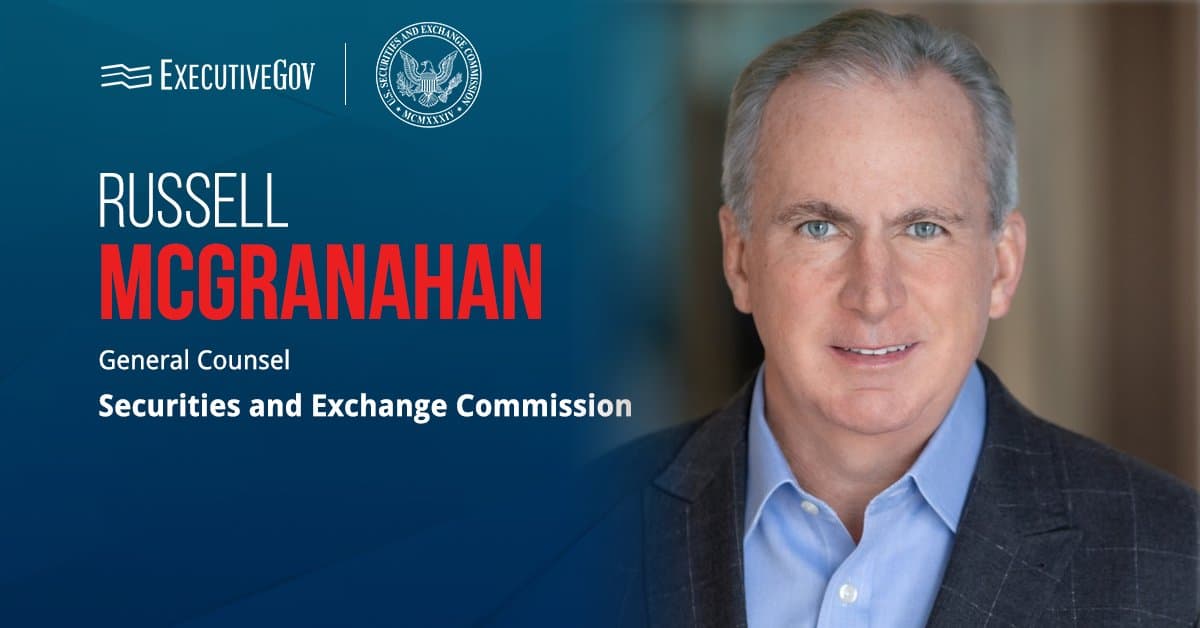NASA has pledged $28 million to fund the development of research infrastructure across 28 U.S. jurisdictions across five years as part of the Established Program to Stimulate Competitive Research (EPSCoR).
The EPSCoR Research Infrastructure Development awards are aimed at increasing and diversifying technology and research, higher education and economic initiatives in the beneficiary regions at the state and national levels, NASA said Friday.
EPSCoR is a nearly 30-year-old program that aims to close the gap in funding across all states and territories and maintain a competitive market for aerospace research and development activities.
The NASA awardees include:
- Alabama
- Arkansas
- Delaware
- Hawaii
- Idaho
- Iowa
- Kansas
- Louisiana
- Mississippi
- Nevada
- North Dakota
- Puerto Rico
- the U.S. Virgin Islands
- West Virginia





